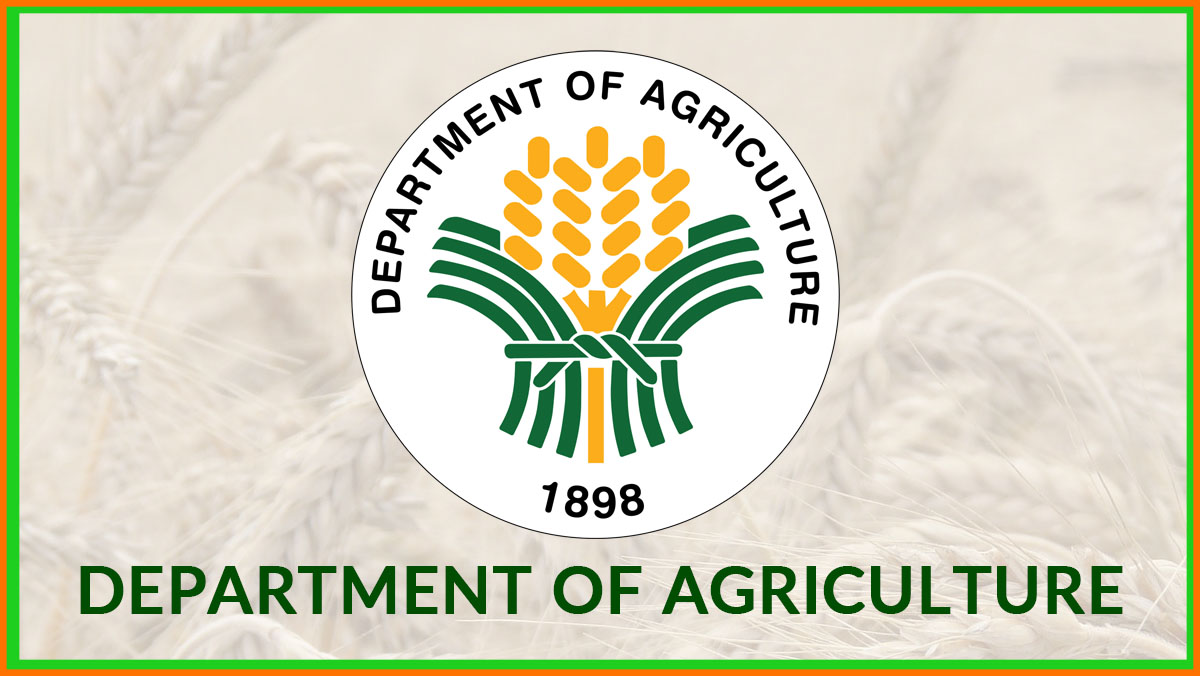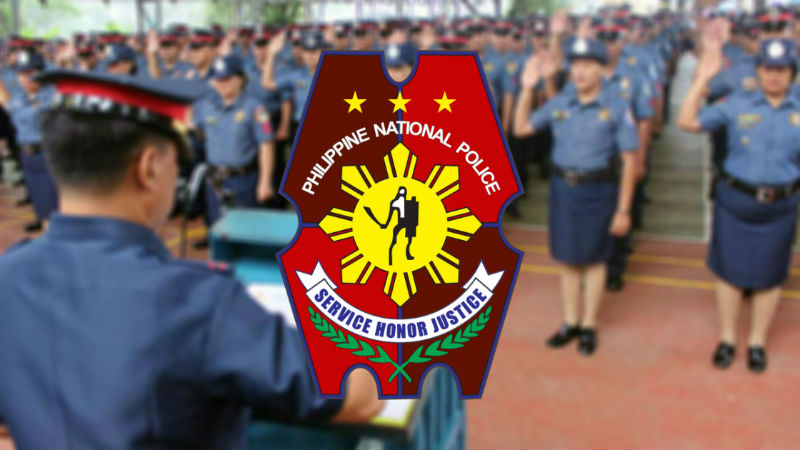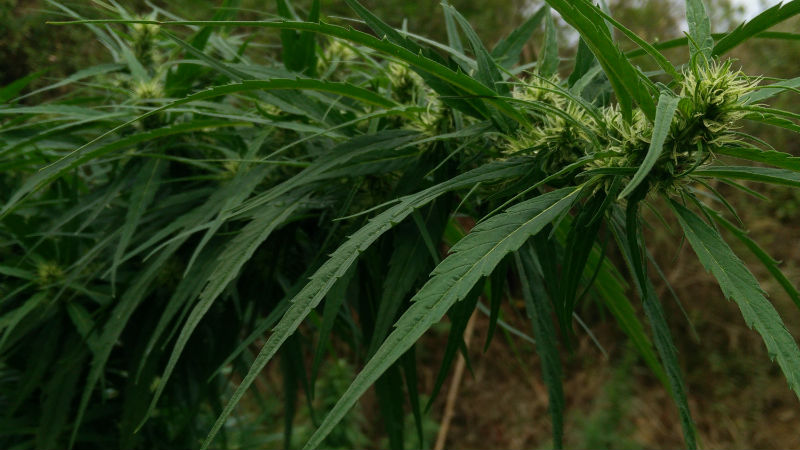BAGUIO CITY – The Cordillera office of the Department of Agriculture (DA-CAR) continues to provide technical assistance to the local agricultural offices in the different local government units (LGU) in a bid to further strengthen the implementation of agricultural and fisheries programs and projects for the benefit of farmers and fisherfolks in the localities.
Republic Act No. 7160, or the Local Government Code of 1991, identifies agriculture as one of six basic services together with environmental protection, health, maintenance of public works and highways, social welfare, and tourism as a devolved administrative function of the National Government.
Devolution is the statutory delegation of powers from the central government of a sovereign state to govern at a subnational level, such as a regional or local level. It is a form of administrative decentralization. Devolution promotes decentralization by giving local governments more autonomy in managing their resources.
Under devolution, the LGUs have created their own provincial/ municipal agricultures offices (OMAg-OPAg) to serve as the frontline agency involved in agricultural concerns. The mandate of OPAG is to prevent and control plant pests and diseases, maintain agricultural laboratories and facilities, assistance in the organization of farmers and fisherfolk’s cooperatives and other collective organization, as well as the transfer of appropriate technology to clients.
The mandate of the OMAg on the other hand is to perform, implement and deliver basic extension agricultural programs, projects and activities to the municipality.
Meanwhile, the Regional Field Office of the Department Agriculture assists the OPAg/OMAg by providing technical support in agriculture. An example of the technical support provided by DA-CAR to the different LGU’s in the region is the Provincial Agriculture and Fisheries Extension Systems (PAFES) which started during the previous administration.
PAFES consists of flagship programs that strengthen LGUs’ agriculture and fishery extension services. The program is a collaboration between the DA, LGUs, educational institutions, and the private sector.
Under PAFES, the province serves as an extension hub that synchronizes agricultural plans and programs as well as orchestrates the activities of the various stakeholders. DA co-plans, co-invests, co-implements, and co-monitors priority projects in the provinces, particularly as they embark on commodity specializations to maximize comparative advantage.














